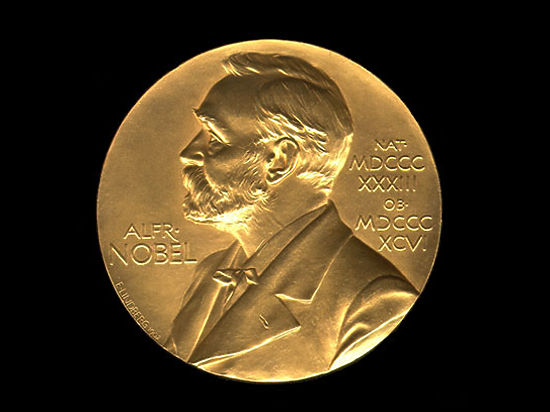unfortunately, he died in 1980.
Today at 14:34, views: 169
the Nobel prize in physics this year were David Thouless, Duncan Haldane and Michael Kosterlitz “for the theoretical discovery of topological phase transitions and topological phases of matter”. As explained by the Nobel Committee, the scientists were able to unravel the secrets of exotic matter”. Applying the most advanced mathematical methods, experts have studied an unusual state of matter — superconductors, sverigekarta, thin magnetic layers and so on.

photo: ru.wikipedia.org
David James Taules — physicist in the field of condensed matter, earlier, for already awarded a number of prestigious awards, including the wolf prize since 1978 awarded in Israel. He received his degree at Cornell University, and today works at the University of Washington. Along with one of the winners, John Michael Kosterlitz, Professor of physics at brown University, Taules gained fame after the creation of the theory of phase transitions in two-dimensional systems. Although in English they studied topological phase translation is called “Transition Kosterlitz-taules”, in Russian and many other languages it is called “the transition of the Berezinsky-Kosterlitz-Thouless taules” in memory of Soviet physics Vadim L. Berezinsky. However, the domestic scientist, in any case, could become a Nobel prize — he died in 1980, and the award is traditionally only awarded to living candidates.
the Transition of the Berezinsky-Kosterlitz-Thouless taules represents the transition from the status of linked pairs of vortex-Antivari at low temperatures to a state with an unpaired vortices and antivirali at a certain critical temperature in a two-dimensional XY-model.
As explained by the Nobel Committee, the works of taules and Kosterlitz allowed us to turn the idea in which conditions may exist superprotonic and supergalactic, and was able to explain why superconductors can lose their properties at high temperatures.
Third prize winner, physicist Frederick Duncan Michael Haldane, rodivshis in the UK, and today works at Princeton University in the United States. As explained, his work allowed us to understand what properties have chain of little magnets, and some previously unstudied materials.
the years of the Nobel prize increasingly, several scientists (however, it is worth remembering that yesterday, the prize for physiology and medicine single-handedly got a Japanese scientist, asinari Osumi). Most often, the reward is divided among the winners equally, but this time they made a slightly different decision — Taules get half the amount, and each of his colleagues a quarter.
As noted, the research that scientists have received the award, considered the most prestigious in the world, provide new prospects for the development of the Sciences of materials, and for the improvement of electronics.
the awarding ceremony of the Nobel laureates will be held in Stockholm on 10 December.
No comments:
Post a Comment